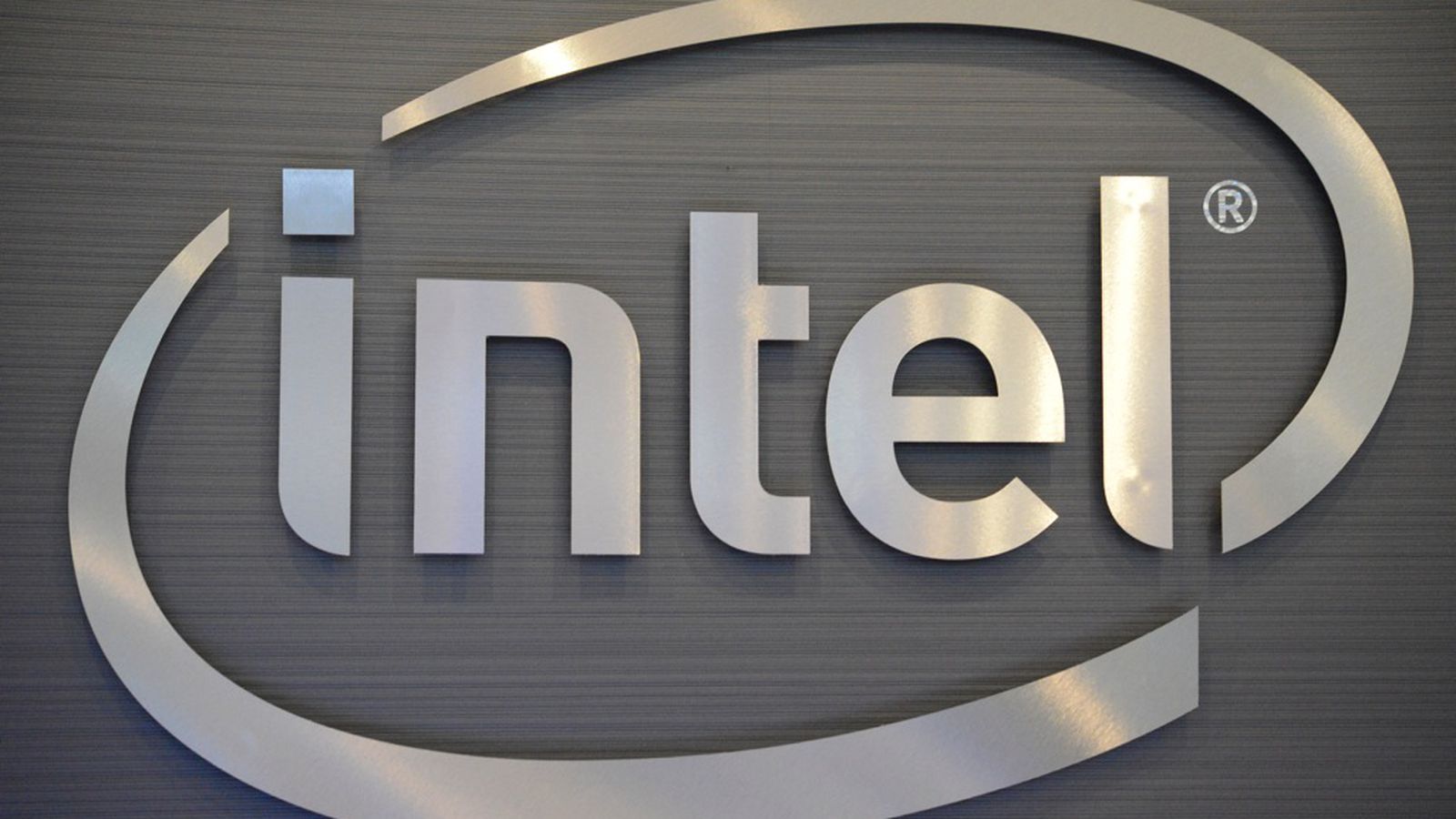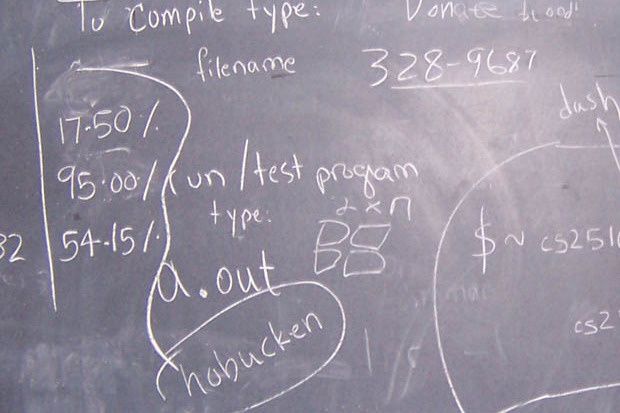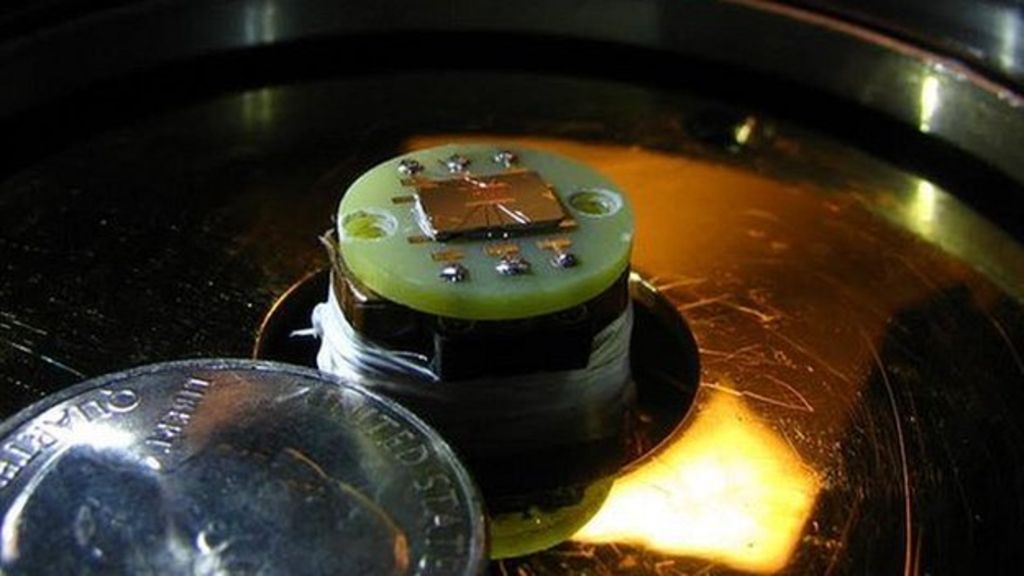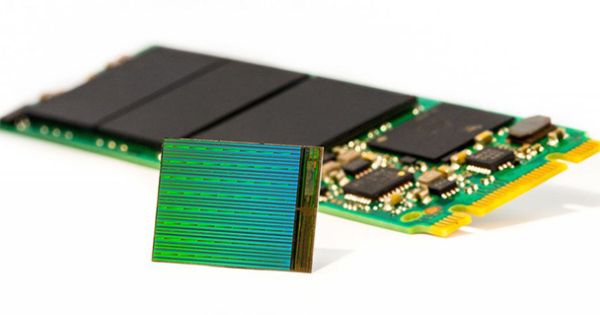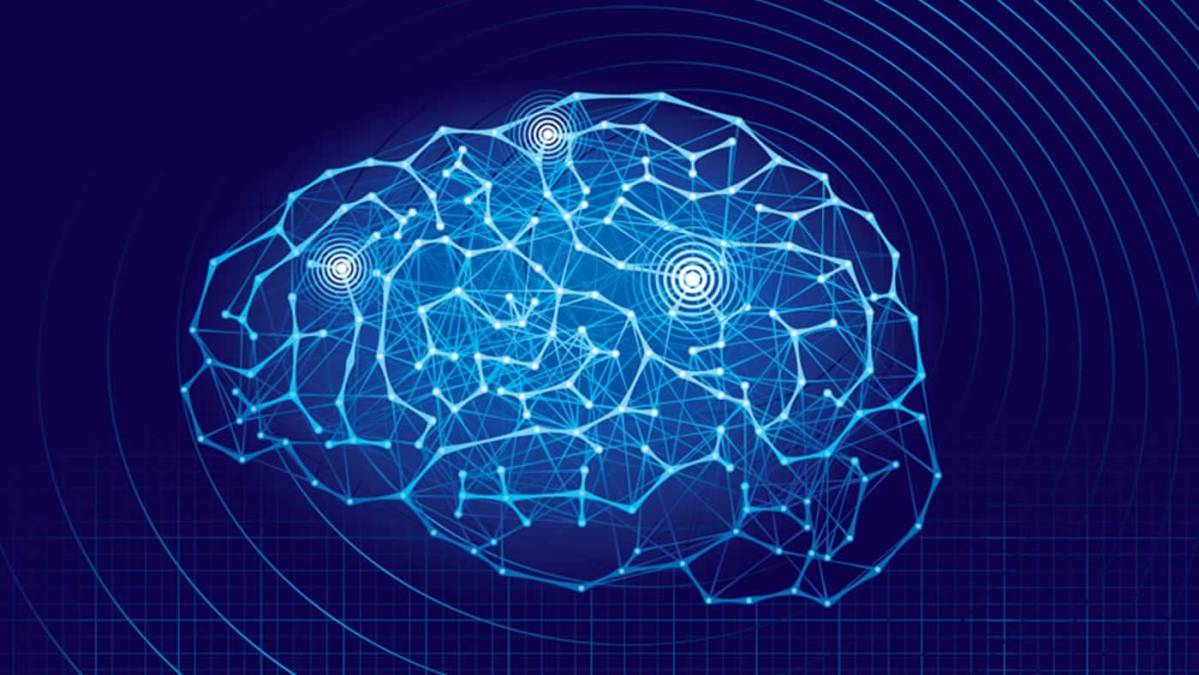Jul 29, 2015
Intel’s new storage chip is 1,000 times faster than flash memory
Posted by Shailesh Prasad in categories: computing, electronics
Intel and Micron Technology on Tuesday unveiled what they touted as a new kind of memory chip that could “revolutionize” computing devices, services and applications.
Intel and Micron have a new way to store data that they say is denser, tougher, and faster than the competition, and it’s already starting production. In a live keynote today, the companies announced 3D Xpoint, a new category of non-volatile memory that claims to be 1,000 times faster than the NAND architecture underlying most flash memory cards and solid state drives. The new architecture does without transistors entirely, relying on a bulk material property change to switch bits from a low-resistance to a high-resistance state. From there, memory cells are layered in an intricate three-dimensional checkerboard pattern that Intel researchers say is 10 times denser than conventional memory.
